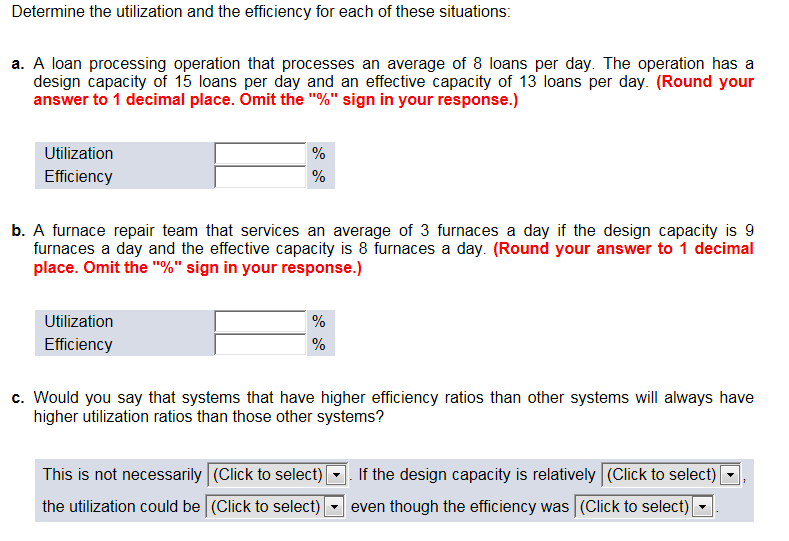
Six Sigma: Six Sigma is a set of methodologies, tools and techniques used to improve processes and minimize defects. Lean manufacturing: Lean manufacturing is a systematic method designed to minimize waste while keeping productivity constant. Create value for the customer: Ultimately, all businesses are all about the customer, so operations should reflect the value customers hold and should be provided.Īs the Shingo Model gained popularity within the business world, others developed methodologies based on this approach and the core principles of operational excellence. Create constancy of purpose: Communication of goals, purpose, commitment to the customer and the “why” behind the company are key to operational excellence. Think systemically: Instead of focusing on individual players or departments for improvement, think of ways to improve the entire system. Improve flow and pull: Providing value to the customer means having the products they demand when they need them and nothing more, which is exemplified in lean supply chains. Assure quality at the source: Much like good food is made with good ingredients, assuring quality in business relies on doing work right the first time, using the right people and the right components. Focus on process: If something goes wrong, instead of blaming people (which can be counterproductive), look for ways the process can be improved. Creating a culture where employees are able to “experiment” and test new ideas based on observations and data fosters innovation. Embrace scientific thinking: This principle is not just about being data-driven. Seek perfection: This principle is similar to the adage, “You have to believe it to achieve it.” By seeking ways to continuously improve, you can open the door to new ways of thinking and innovation. To lead with humility, companies must implement a management system where leaders seek input and buy-in from stakeholders at all levels. Lead with humility: When decisions are made unilaterally, frontline employees are less likely to respect the decisions being made. Respect seeks to draw the best from individual contributors. Respect every individual: When people feel respected and valued by an organization, they are more likely to give more. This prize defines the 10 Shingo Guiding Principles, often referred to as the core principles of operational excellence: Shingo is also the inspiration for the Shingo Prize, awarded annually by the Shingo Institute for Operational Excellence at Utah State University. Shigeo Shingo, a business leader who published 18 books on his philosophy and closely collaborated with Toyota executives to apply his principles in their manufacturing operations. The definition of operational excellence has its roots in the Shingo Model, an approach to business that emphasizes quality at the source, value to the customers, a zero-inventory supply chain and an understanding of the workplace at all levels. 
Core principles of operational excellence At all levels, employees can initiate change and drive toward efficiency, effectiveness and agility. Businesses that use operational excellence methodologies clearly define leadership and workforce roles and how they work together to improve operations. Operational excellence begins with a culture shift, where all leaders and employees are dedicated to creating not only a quality product but also providing great customer experiences.

When implemented well, every member of an organization sees the flow of value to the customer and, if problems arise, finds a solution before any disruptions occur.

Operational excellence (OpEx) is an approach to business management that emphasizes continuous improvement across all aspects of the business and within all business processes by creating a culture where management and employees are invested in business outcomes and empowered to implement change. Here, we’ll explore the core principles of operational excellence and how companies are using technology to implement these methodologies. Companies that are better at problem-solving and process improvement, the theory goes, will ultimately exceed their competition in profitability. If done right, operational excellence helps business leaders make better decisions and employees show continuous improvement. Its goal is to give companies a competitive advantage. Operational excellence is a way for organizations to create a roadmap toward continuous improvement in a complex business environment. Today’s global economy also requires the flexibility to adjust to changing markets, conditions and technologies. Improving a business is about more than just increasing efficiencies or maximizing ROI.

How does operational excellence help you strive for continuous improvement in a complex business environment?








 0 kommentar(er)
0 kommentar(er)
